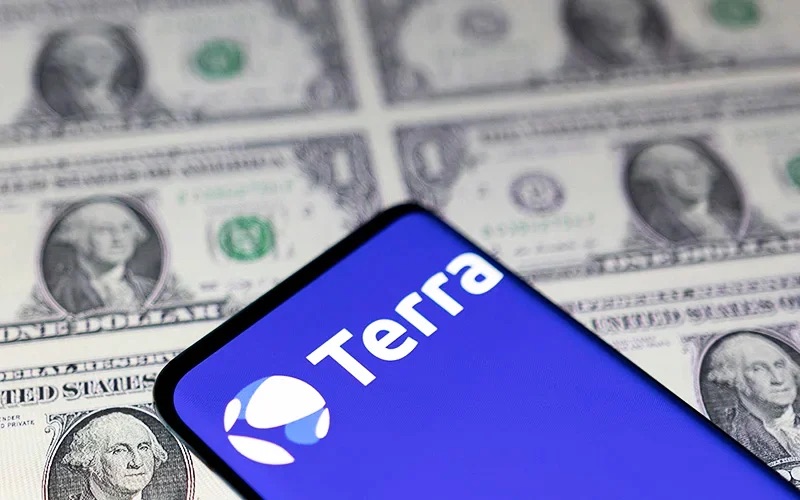
Do Kwon, the co-founder of Terraform Labs, appeared before a US magistrate on January 2, 2025, and pleaded not guilty to multiple charges related to the collapse of the Terra ecosystem. This was Kwon’s first court appearance after his extradition to the United States, where he faces nine charges including securities fraud, wire fraud, and money laundering.
Kwon appeared before US Magistrate Judge Robert Lehrburger in Manhattan’s Southern District, where he agreed to be held without bail. The charges stem from his role in Terraform Labs’ collapse, which resulted in significant financial losses for investors. A status conference is set for January 8, 2025, where the prosecution and defense will exchange evidence and discuss motions in preparation for the trial.
Kwon’s extradition followed months of legal back-and-forth, with Montenegrin authorities debating whether to send him to the United States or South Korea. On December 27, 2024, Montenegro’s Minister of Justice, Bojan Božović, approved Kwon’s extradition to the US, citing the seriousness of the alleged crimes and other factors. Montenegrin Prime Minister Milojko Spajić confirmed the transfer to US custody on December 31.
In his statement, Prime Minister Spajić emphasized Montenegro’s commitment to fighting fraud, while also welcoming legitimate innovation in sectors like crypto and AI. This marked a key moment in Kwon’s legal saga, reflecting the tension between the need for innovation and the fight against financial fraud.
Terraform Labs and US SEC Settlement
Kwon’s legal troubles extend beyond his extradition. Terraform Labs reached a settlement with the US Securities and Exchange Commission (SEC) in June 2024, agreeing to pay $4.47 billion, including $204 million in penalties for Kwon. This settlement was part of a broader effort by the SEC to hold Terraform Labs accountable for the collapse of Terra, and the regulatory body continues to monitor the case closely.
The settlement underscores the growing scrutiny of the crypto industry, with regulators seeking to prevent similar events from happening in the future. It also highlights the challenges crypto firms face as they navigate evolving regulatory environments.
Kwon’s case has broader implications for the cryptocurrency industry. It reflects the increasing attention regulators are giving to the sector, with a focus on holding firms and executives accountable for fraudulent activities. While some argue that tighter regulation could stifle innovation, others believe it is essential to protect investors and maintain market stability. The legal proceedings surrounding Kwon’s case will likely set important precedents for how future crypto-related fraud cases are handled.
This legal saga serves as a reminder of the risks associated with cryptocurrency investments. The volatility of the market, coupled with the potential for fraud, underscores the need for strong regulatory frameworks to ensure accountability and transparency.
As the cryptocurrency sector matures, regulators are adapting their approach to ensure better oversight. The Terraform Labs case highlights the need for a balance between protecting investors and fostering innovation. Governments must work to create clear, consistent rules while encouraging the growth of decentralized finance and blockchain technology.
The future of cryptocurrency regulation will be shaped by cases like Kwon’s and the growing demand for transparency and accountability. Striking the right balance between regulation and innovation will be crucial in ensuring the long-term success of the crypto industry.
Author’s Opinion
Stronger regulation is necessary to protect investors from fraudulent schemes like Terraform Labs, but there’s a risk that over-regulation could stifle innovation. The cryptocurrency industry thrives on decentralized solutions and blockchain technology, which have the potential to transform finance and other sectors. Regulators must find a balance that allows for both security and continued innovation in the space. Overly restrictive policies could harm the sector’s growth and prevent future breakthroughs.
Featured image credit: FMT
Follow us for more breaking news on DMR
